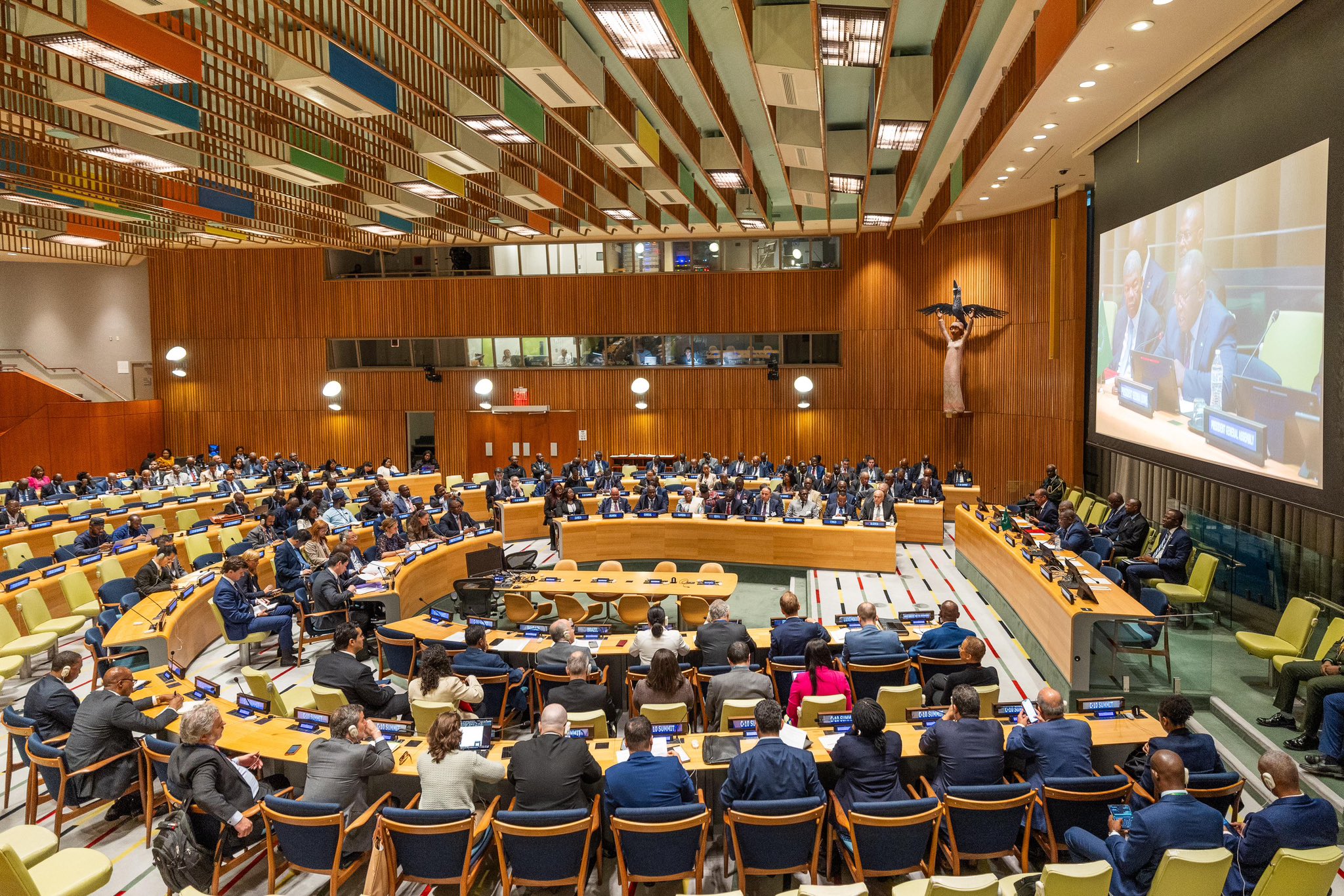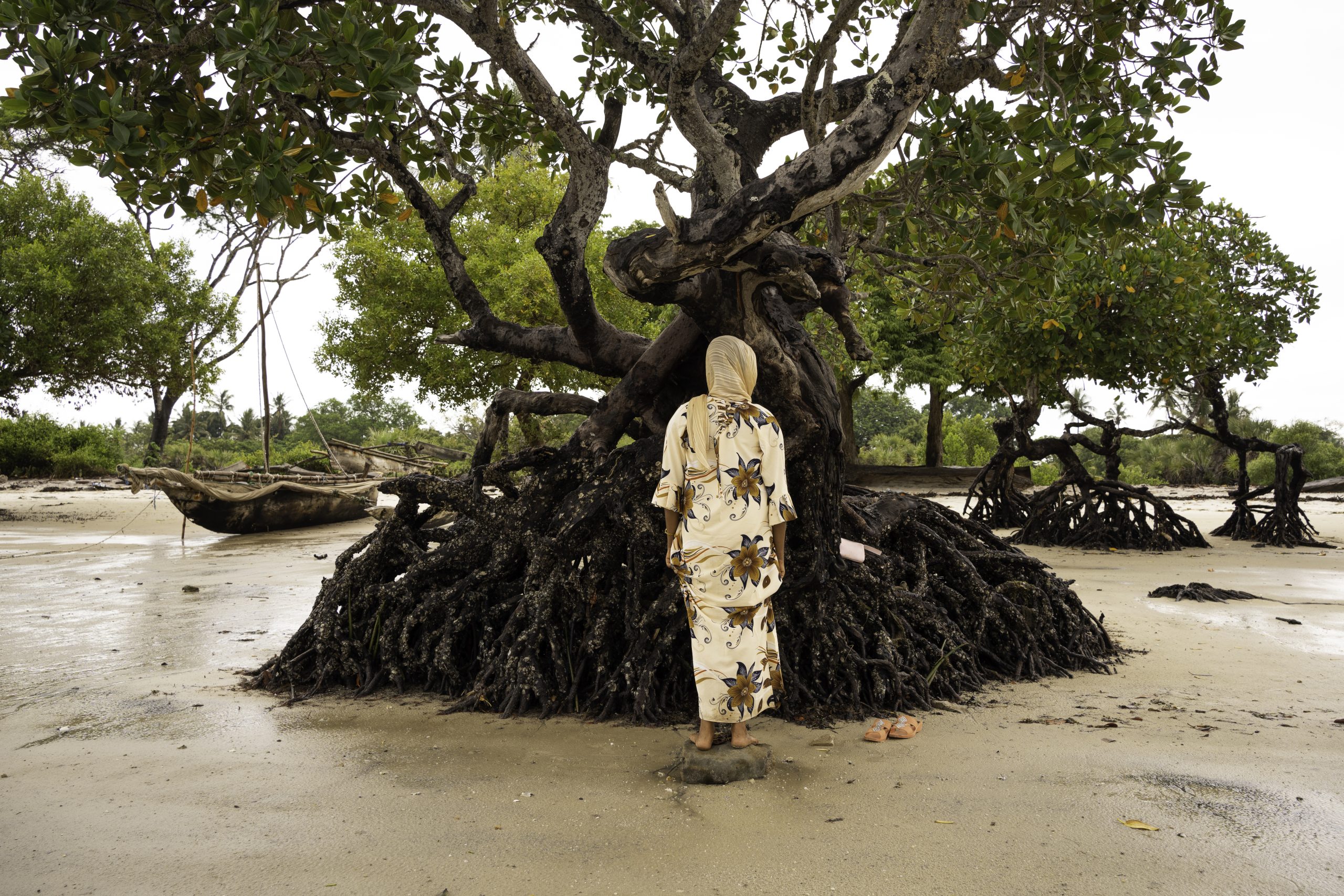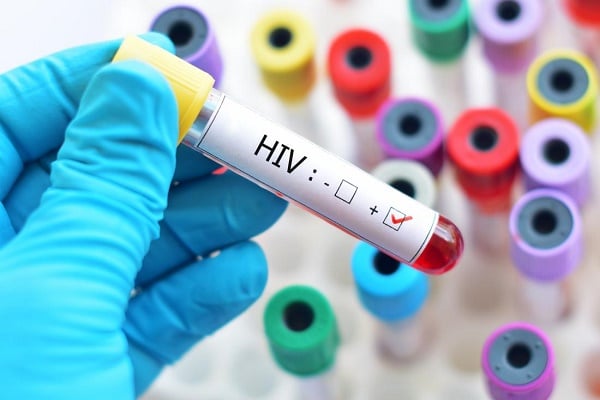NEW YORK, UN, September,2025 –The 80th United Nations General Assembly (UNGA) held its high-level meeting in New York, during which representatives from all 193 UN member states and the two non-member observers, namely Palestine and the Holy See, were expected to deliver speeches during the annual general debate.
Kenya’s President William Ruto is among the African leaders who are attending the meeting.
Established in 1945 with a charter signed by 51 founding members, the UNGA functions as the primary representative body of the UN, operating on a principle of “one country, one vote”, and debating issues ranging from peace and security to development and human rights.
This year’s session comes at a moment of acute geopolitical tension and growing scepticism about the UN’s relevance.
In the wake of Israel’s prolonged war on Gaza, and nearly eight decades after the UNGA passed Resolution 181 (PDF) on the partition of Palestine, several Western governments have announced their intent to recognise Palestinian statehood.
But apart from the Palestine issue which is now emotive, there are other conflicts which continue to nag the international body.
For instance, Russia mounted what its leader, Vladimir Putin, called a military operation in Ukraine, which led to deaths, the displacement of thousands of innocent civilians, and the destruction of property.
United States President Donald Trump has taken a lead in stopping the war, but to no avail, hence raising tensions among North Atlantic Treaty Organisation (NATO) nations and, to some extent, the European Union.
Both Putin and his Ukrainian counterpart, Volodymyr Zelensky, have adopted hard stances over the matter. Trump has repeatedly threatened more sanctions against Russia to push him to the negotiating table as the war rumbles on.
Ironically, many European countries, including the United States, have been calling for a ceasefire but at the same time providing Ukraine with arms. Russia’s ally North Korea has also reportedly been helping its great friend hence further escalating.
But what is the cause of the conflict? Analysts say that Russia invaded Ukraine to prevent it from joining NATO. The sole reason here is that there is a clause in its constitution which says that a country at war or in a border dispute with another cannot be a member.
That probably explains why Russia annexed Crimea in 2014. It has so far made more territorial gains in the Donbas region of eastern Ukraine.
Several NATO nations have been contemplating sending troops to Ukraine but are somewhat divided over the same. Trump has also ruled out sending troops there.
Apart from the Gaza and the war in Ukraine Africa has had its fair share of conflicts. The Middle East, apart from the Gaza war, has remained tense with Iran ever in the spotlight over its supposed nuclear ambitions.
The standoff has repeatedly led to conflicts with Israel as the war escalates where the Houthi rebels from Yemen have been sucked in. Iraq has never been peaceful, and the fall of strongman Saddam Hussein, with Libya also having two governments since the ouster of Muammar Gaddafi.
Saudi Arabia, Jordan, Oman, and Qatar, therefore, stand as islands but have to be on the lookout.
The grinding war in the Democratic Republic of Congo, South Sudan and Sudan, Somalia and the Central African Republic continues to ravage the continent.
That, therefore, requires the African Union to pull its socks up and come up with a lasting solution to the wars. Others in Asia include the longstanding border dispute between India and Pakistan over Kashmir and China over its claim of Taiwan.
Upheavals in Myanmar, Bangladesh and Nepal must therefore give United Nations Secretary General Antonio Guttieres some sleepless nights.
Fredrick Odiero is a seasoned journalist with extensive experience across a range of media platforms, recognised for his insightful contributions and in-depth reporting.



